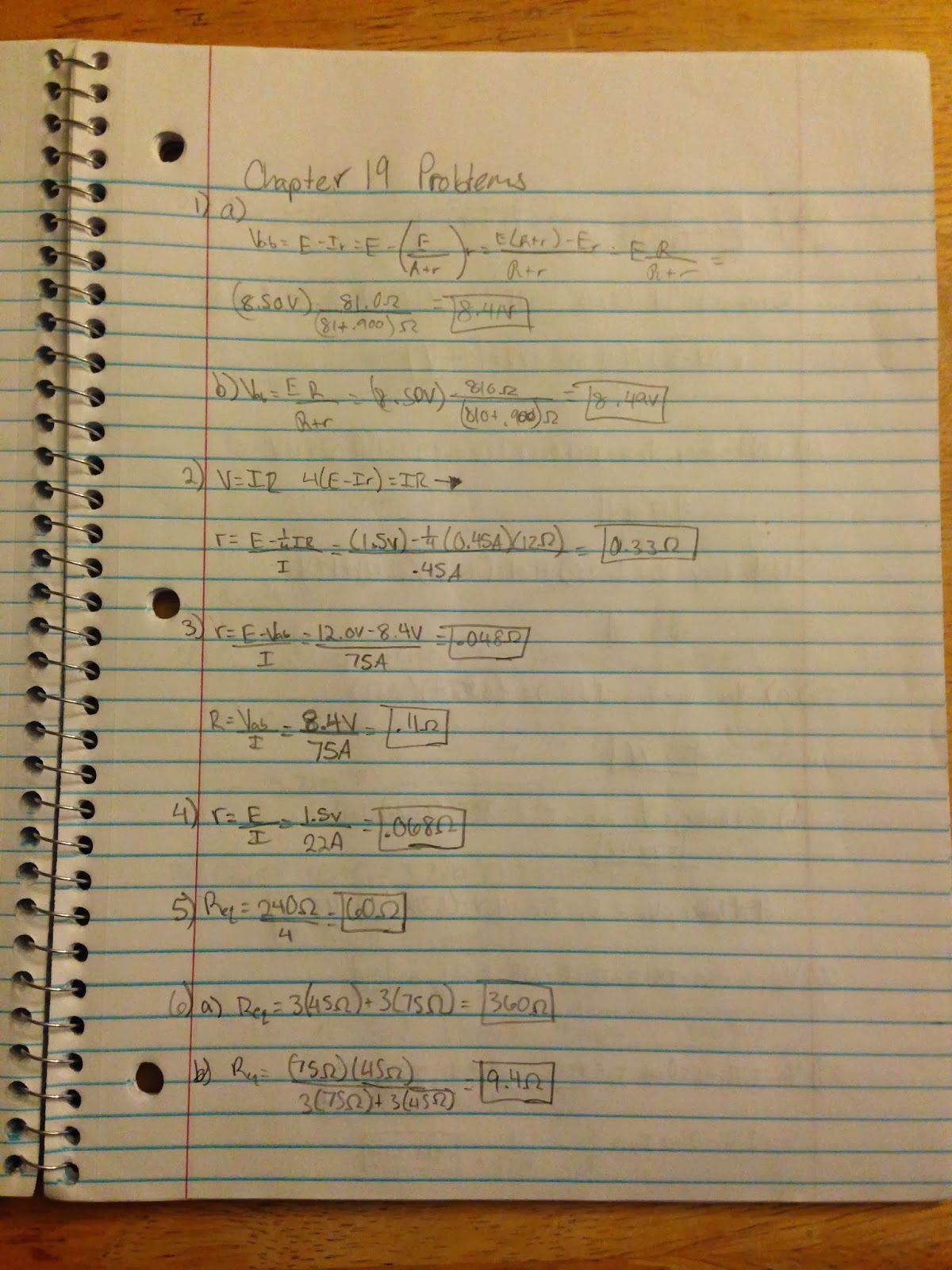1) I was most proud of my newly found experience in the wiring of a residential building. I am happy that I will be able to work around the house from now on and have projects I can work on to make things more convenient.
2)
- a) P-
- b) P-
3) What worked?
I had a great time with my mentor, he led me towards my answers and some good sources for research. There was also the fact that he helped me get a new 3rd interviewee even after the original interviewee was evasive. Another thing that worked was the ability to find research, it wasn't difficult to find research for this topic at almost any point, everything led to something. Finally I actually had fun learning during my second independent comp. which led me to my hook activity in my one hour.
4) If I had a time machine I would go back and use my second independent component as my first and I would attempt to get a second mentor because even though I met the hours with my current mentor I feel that more hours would have been a positive reflection in my presentation. I would also try to be more available to my mentors hours because he was busy a lot of the time during the week so weekends were the main time we had.
5) During mentorship I was able to work with circuits and wire my own switches as well as create a whole new circuit so now I will be able to create my own circuits in my future home which is what I was aiming to get out of this project. Coincidentally however towards the end of the mentorship, I actually found that becoming an engineer seems like a promising career so I am keeping my eyes on that in college.




















































